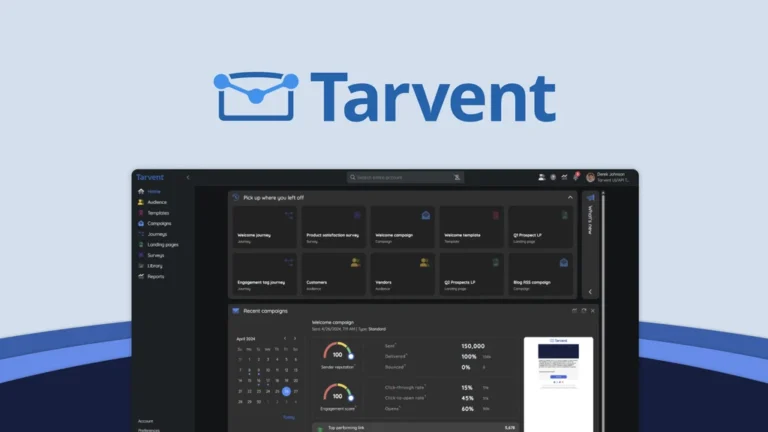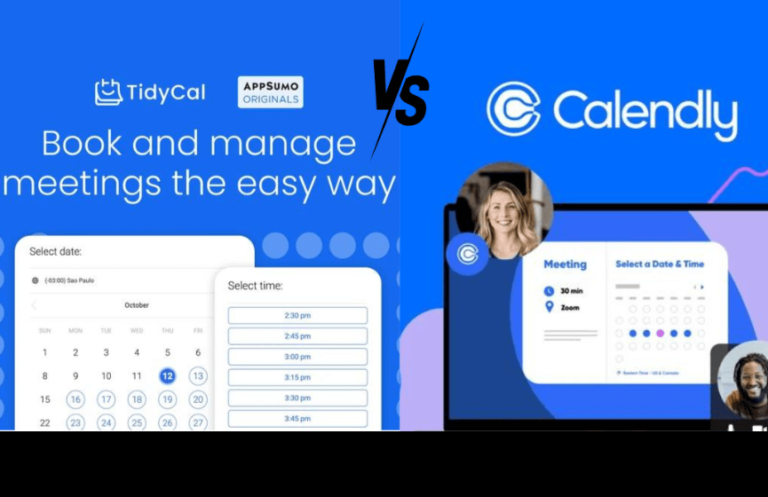Top 10 Tools for Software Developers
Software development is complex and demanding. The right tools can simplify workflows, improve productivity, and enhance collaboration.
From coding and debugging to deployment, software developers rely on specific tools to do their job effectively. But with so many options available, it can be overwhelming to choose the right ones.
This blog highlights the top 10 tools for software developers. It also answers related questions, helping you understand which tools suit different needs.
1. GitHub
GitHub is the go-to platform for version control and collaboration. It hosts repositories where developers can store, manage, and share code.
Key features include:
- Pull requests for reviewing and merging code.
- GitHub Actions for automating workflows.
- Project boards for managing tasks visually.
GitHub simplifies teamwork. Developers worldwide rely on it for open-source and enterprise-level projects alike.
2. Visual Studio Code (VS Code)
Visual Studio Code is a lightweight, powerful code editor. It supports almost every programming language.
Features that make VS Code a favorite:
- IntelliSense for smart code completions.
- Built-in Git integration.
- A vast marketplace of extensions for customization.
It’s perfect for both beginners and advanced developers. Whether you’re debugging or deploying, VS Code delivers.
3. Jira
Jira is designed for Agile teams. It helps in project management and issue tracking.
Notable features:
- Sprint planning and tracking.
- Customizable workflows to suit any project.
- Roadmaps for visualizing long-term goals.
Jira keeps development teams organized and aligned with goals. It’s essential for managing complex projects.
4. Docker
Docker revolutionizes how applications are built, shared, and deployed. It uses containers to run software in isolated environments.
Advantages of Docker:
- Consistent performance across different systems.
- Faster setup and deployment.
- Scalability for cloud applications.
With Docker, developers focus on coding, not environment setup. It’s a must-have for modern DevOps teams.
5. Git
Git is the backbone of version control. It tracks changes in code and enables collaboration among developers.
Why Git is essential:
- Handles branches and merges with ease.
- Distributed version control for better collaboration.
- Works seamlessly with platforms like GitHub.
Git is a standard tool for software development teams everywhere.
6. Jenkins
Jenkins is an automation server. It’s crucial for continuous integration and continuous delivery (CI/CD).
Key features:
- A plugin ecosystem for diverse needs.
- Automated testing and deployment pipelines.
- Scalability to handle large development teams.
Jenkins streamlines the development lifecycle. It saves time and reduces errors.
7. Trello
Trello is a simple yet effective project management tool. Its card-based system is ideal for visualizing tasks.
What makes Trello popular:
- Drag-and-drop task management.
- Integrations with other tools like Slack.
- Flexibility for individual or team use.
It’s intuitive and easy to use. Developers use it for managing projects or personal to-do lists.
8. Code Climate
Code Climate analyzes your code for quality and performance. It ensures that your codebase stays clean and maintainable.
Key benefits:
- Real-time feedback on code quality.
- Metrics for tracking technical debt.
- Integration with GitHub and other platforms.
Code Climate helps developers write better, cleaner code.
9. Postman
Postman is the ultimate tool for API development. It’s widely used for testing and documentation.
Key features:
- Create and run API requests quickly.
- Automated testing for APIs.
- Collaboration tools for sharing API collections.
Postman makes API workflows smoother and faster.
10. Slack
Slack is a communication tool tailored for teams. It fosters collaboration through organized channels and integrations.
Why developers love Slack:
- Customizable notifications to stay focused.
- Integrations with tools like GitHub and Jira.
- Bots and shortcuts to automate tasks.
Slack keeps development teams connected and productive.
Which is the Best Software Development Tool?
There isn’t a one-size-fits-all answer. The best tool depends on your project needs and personal preferences.
Consider these criteria when choosing a tool:
- Purpose: Are you managing a team or coding solo? Tools like Jira excel for teams, while VS Code suits individuals.
- Usability: Choose tools with intuitive interfaces and strong documentation.
- Compatibility: Ensure the tool integrates well with your tech stack.
For example:
- Use GitHub for collaboration and version control.
- Docker is ideal for deploying applications.
- Jenkins works best for automating CI/CD pipelines.
The “best” tool depends on what you need to achieve.
Which Tool is Best for Programming?
For programming, code editors and IDEs stand out. Visual Studio Code is a favorite because of its versatility and ease of use.
Other excellent programming tools include:
- IntelliJ IDEA for Java.
- PyCharm for Python.
- Eclipse for C++ and Java.
When choosing a programming tool, consider:
- Language support: Pick an editor or IDE tailored to your programming language.
- Customization: Look for extensions and plugins that enhance productivity.
- Debugging features: Ensure the tool supports efficient debugging.
For most developers, VS Code is a top choice. It’s flexible and works well across different languages.
Which Software Tool is in High Demand?
Certain tools are more in demand due to industry trends. Currently, tools like Docker, Git, and Jira lead the pack.
Here’s why:
- Git: Essential for version control, used by nearly every development team.
- Docker: A must for cloud-native applications and DevOps workflows.
- Jira: Indispensable for Agile teams managing large projects.
Demand also depends on your role.
- Developers: Focus on Git, VS Code, and Docker.
- DevOps Engineers: Jenkins, Docker, and Kubernetes are crucial.
- Project Managers: Jira and Trello dominate.
The industry’s focus on collaboration, automation, and cloud computing drives demand for these tools.
How to Choose the Right Tools for Your Needs
Choosing the right tools can be challenging. Here’s how to simplify the process:
Assess Your Project Requirements
Think about your goals. Are you building a web app, a mobile app, or an API?
- For web development, prioritize tools like VS Code and GitHub.
- For DevOps, Docker and Jenkins are key.
Budget and Licensing
Evaluate your budget. Many tools are free or have free tiers, like Git and Postman.
- For large teams, consider investing in paid tools like Jira for advanced features.
Community and Support
Pick tools with strong communities. Active forums and rich documentation are invaluable.
- GitHub, VS Code, and Docker have large developer communities.
Choosing tools that match your project, budget, and skill level ensures success.
FAQ Section
1. Are these tools beginner-friendly?
Yes. Tools like GitHub, VS Code, and Trello are user-friendly and have excellent documentation. They’re ideal for beginners and experienced developers alike.
2. Do I need to learn all these tools?
No. Focus on tools relevant to your role. For example, a backend developer may prioritize Git, VS Code, and Postman. Expand your toolkit gradually.
3. What are the best free tools for developers?
Free tools include:
- GitHub for version control.
- Docker for deployment.
- Postman for API testing.
- VS Code for coding.
These tools offer robust functionality without cost.
4. Can I use these tools for non-software projects?
Yes. Tools like Trello and Slack are versatile. They’re used in fields like marketing, design, and education.
Conclusion
The right tools can transform your software development workflow. They save time, boost productivity, and improve code quality.
Start with the essentials like GitHub, VS Code, and Docker. Add tools like Jira and Jenkins as your projects grow.
Experiment with these tools to find what works best for you. Let them enhance your skills and streamline your work.
Which tools do you use? Share your favorites in the comments!







